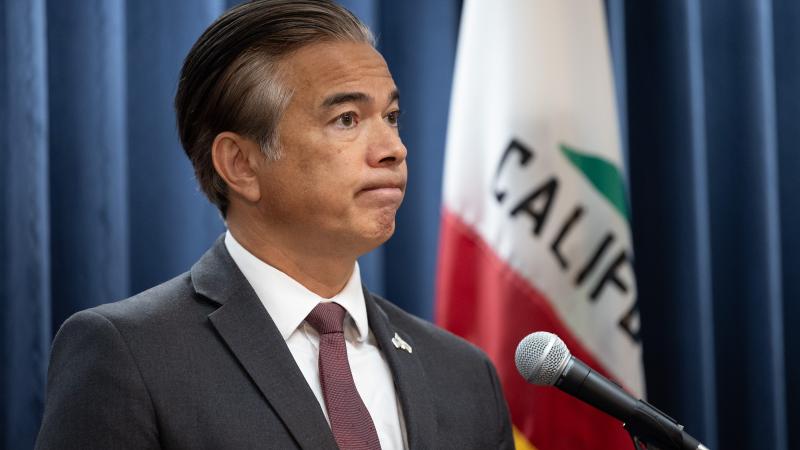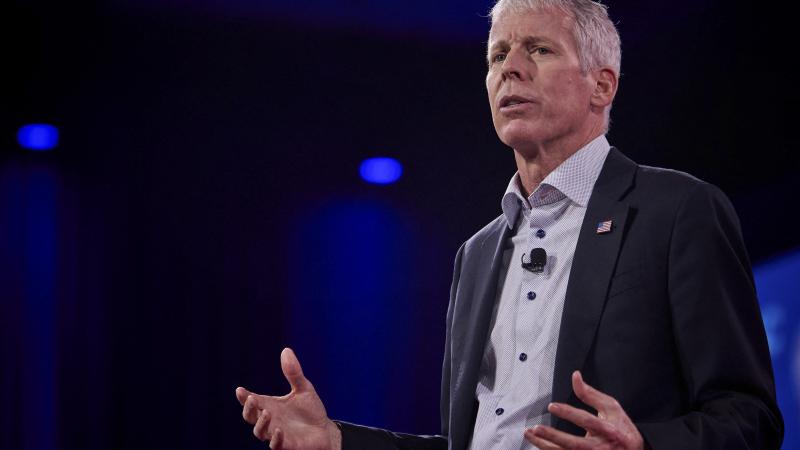Houston exodus: Blackouts drive many to consider leaving city
The survey points to powerful rainstorms in April and May that inundated the region, resulting in 230 agencies responding to catastrophic flooding and voluntary evacuations.
After roughly three million people were left without power for many days, many for up to two weeks, after Hurricane Beryl hit on July 8, many residents are questioning whether it’s worth staying in the state’s largest city.
“We don’t know yet the long-term impact of Beryl, but our findings show a large number of Texans have experienced serious negative impacts from extreme weather events in recent years, specifically blackouts,” Agustin Vallejo, a professor at the University of Houston’s Hobby School of Public Affairs, said when releasing the findings of a recent survey. These experiences “have shaped how they have been preparing for future natural disasters,” he said, including leaving the area.
“Power outages in Houston have become one of the main sources of uncertainty in post-disaster recovery for the majority of Texans,” a new Texas Trends Survey conducted by the University of Houston's Hobby School of Public Affairs and Texas Southern University found. It also found that “power outages are not isolated incidents, but rather a frequent consequence of severe weather events.”
Pinto said the survey's “findings not only underscore the vulnerability of Texas’ power infrastructure, particularly in Houston and the Gulf Coast region, but suggest a need for targeted solutions to improve power grid stability statewide.”
The survey points to powerful rainstorms in April and May that inundated the region, resulting in 230 agencies responding to catastrophic flooding and voluntary evacuations. Nearly one million people were without power for several days, many lost their homes, businesses were severely impacted after a tornado ripped through downtown Houston, and the livelihoods of many were potentially destroyed in neighboring Galveston and Chambers counties, including in the oyster industry, The Center Square reported.
These severe weather events occurred nearly a year after a Hobby survey conducted for Houston Public Media found that 57% of respondents said they had thought about or were considering leaving Houston; 51% cited extreme weather as a primary reason.
More than 50% of them lost power during Hurricane Harvey in 2017 and Winter Storm Uri in February 2021.
“It’s all been enough to say to some Houstonians, ‘That’s it. I’m out. I’m leaving,’" Houston Public Media reported.
On Monday, the Texas legislature held a hearing to discuss actions it would take against CenterPoint after a bipartisan consensus agreed accountability was needed, The Center Square reported.
State Sen. Paul Bettencourt, R-Houston, expressed concerns to Houston’s new mayor, John Whitmire, his former colleague and state senator. “I am concerned that these repeated outages are not doing anything positive with our image as H-town. If we’re the energy capital of the world, the answer is the lights have got to go on and stay on as much as possible,” he said.
At a recent Houston City Council meeting, Democratic city council member Edward Pollard expressed similar concerns, saying, “Major corporations don’t want to come to Houston if every other month we’re getting these storms that knock out power for multiple days.”
Whitmire ran for mayor to improve the city’s quality of life, hoping to turn things around after inheriting “many messes.” On Monday, he told his former colleagues, “I just can’t begin to tell you what it’s like to go two weeks without power.
“It's not good for the life safety of our residents. It's certainly not going to attract more business or additional residents. Let me just emphasize this all can be addressed. Houston is still a great city and great people and we're attracting people every day in large numbers.”
Whitmire told his former colleagues, “I inherited not just a mess but many messes.
“Houston is a great city. We’ve got great people. We’ve got challenges like most major cities. What goes on in Houston doesn’t stop in the Houston city limits or in Harris County. It affects the region.”
















